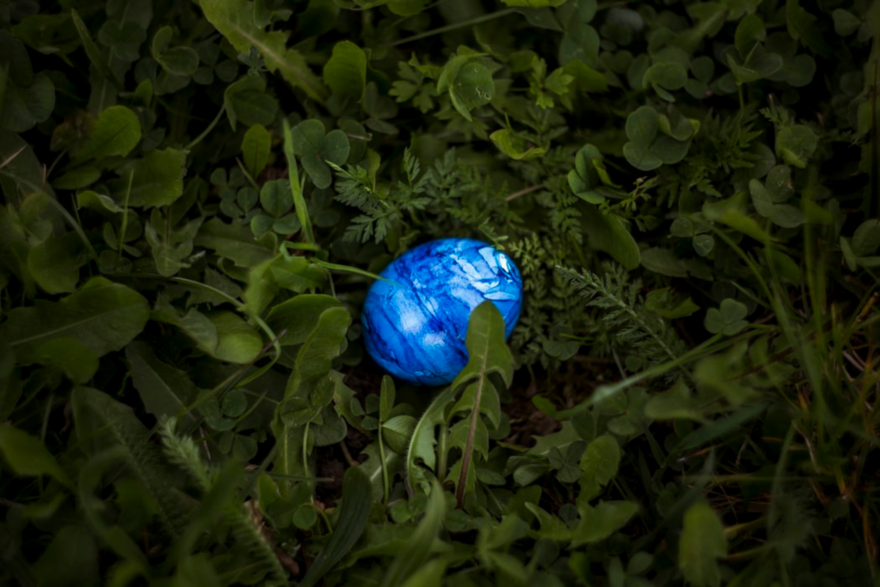How to make the next book you read a bespoke writing class.

Once in a while we are lucky enough to read something that feels astonishing, brilliant and personally meaningful. When we finish reading, we have to take a minute to integrate the experience.
We savour the feeling the writing has left in our body, and try to hold on to the insights it gave us. We ask ourselves, what just happened? What was that?
This kind of reading experience is an advanced and bespoke writing class.
When a story makes you breathe differently — when it presses against you or makes you feel dizzy or infatuated — this is a good time to press pause and investigate.
You want to know how the author did it.
It doesn’t really help to see what her website looks like, or how long it took her to write it, or what school she attended. Those clues don’t answer our real questions: what made that story so powerful for me? Why did that writing make me feel something?
If you’re a writer, reading isn’t a luxury, a time waster, or an escape. It’s an important part of your work, especially if you enjoy it.
You can schedule reading time in your day, like a workout, if it helps. Allow yourself what may seem an “unreasonable” amount of time to read. (What’s reasonable about being a writer? Who said artists should spend their time reasonably?)
Take notes in your journal as you read. Write about what you notice, as though you have been asked to explain the mechanics of the writing to someone else. Note: you’re focusing on craft, not content.
For instance, imagine you just read this amazing book called The Blue Egg. It made you cry (or laugh, or kept you up at night, or made you feel more alive).
Let’s say there’s a blue ceramic egg that plays a role as a recurring image in the story. It might symbolize new life, or it might represent another planet, or it might stand for the intuition of the narrator. Who knows? The meaning of the egg is interesting to think about. You could write a paper on it for English class.
But what the blue egg means doesn’t really matter. It wasn’t the meaning of the egg that took your breath away: it was something about the writing.
Is the egg described in such a way that it seems real? Do you feel like you can see it, feel it, hold the weight of the egg in your hand? How does the author show you that you know how the blue egg feels in your hand?
Now that you’ve read the book, does it feel as though the blue egg has always existed? Think back to who you were before you read it — can you believe your life felt full without it? Can you sense that you’ve changed?
At what point in the story did you realize you cared about the blue egg? How did you know? Was there a white space or chapter break near this point? Did the story have a linear and chronological structure, or did the author use flashbacks?
How many sentences did the writer use to describe the blue ceramic egg at the start of the story? Were they short sentences, or long ones? Did this shift at any time? In what point of view is the story written? How much is written in the scene, and how much in exposition?
Then you can go further, and ask yourself:
If I were to write a few paragraphs of my own in the style of this writer, where would I start? What decisions could I make about point of view, dialogue, scene, exposition, or detail?
This is how we learn how to write.
As the world changes, what we need from stories changes. Our reading adjusts to our needs as we continue to learn more and more.
Our writing is always evolving; reading teaches us how to evolve.

Photo credit (top): Marcus Spiske on Unsplash

7 comments
Leave a comment